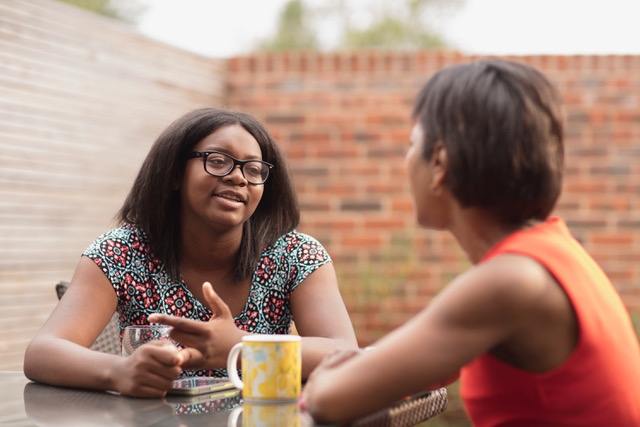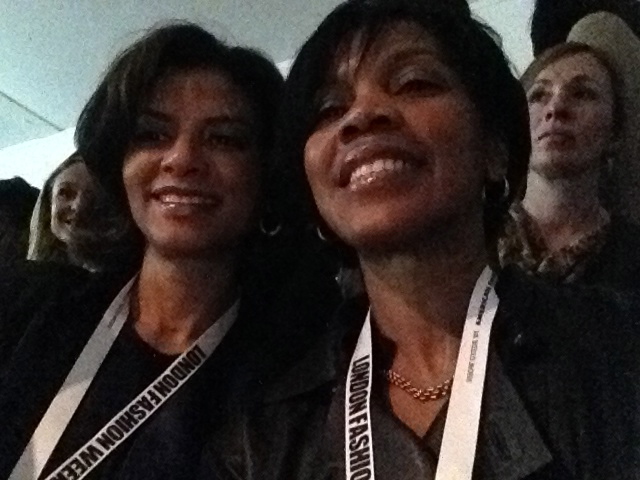The Power of Change in Relationships
Healthy Relationships are key to healthy living. No matter how independent we are, we simply cannot live in this world alone. We thrive on interaction with our family members, peer groups and friends, especially the latter in our teenage years.
Upon reflection, I remember how important it was to have friends and the impact healthy friendships have had on my growth and development. Recently, I reminisced about athletic friends choosing me for their teams even though they knew I could not help them win.
How mature of them and forward thinking to look out for my emotional well-being, when the very system in place did not. But what about when they weren’t around. I was the last one selected. Never mind! I do hope picking teams has been scrapped for the sake of good self-esteem.
Anyhow, the point is relationships can reveal key information about who we are and our friends, too, not only when we are in the relationship but also after the relationship has passed.
I know, I know. Who said anything about passing? Don’t good friendships go on forever? Sometimes they do and other times, they do not. In either case, one thing is for sure, people change.
And understanding this change is one of the basics of maintaining healthy friendships and another is knowing when the friendship has run its course, whether it is a love interest or simply a good friend.
So, what is a girl to do when her best friend changes right under her nose? Or a love interest, well, is no longer interested. Suddenly the activities that you shared are no longer exciting and the crowd that you have both worked hard to avoid have brought your friend or love interest into their inner circle.
I hear you. No one wants to feel left out, so it might be something to consider changing, too, for acceptance. Not so fast; consider the tips below:
-
Recognise the past has passed. No point in hoping for a better past. It is gone. Let bygones be bygones! Grow from it!
-
Instil boundaries! When friendships are evolving, boundaries can come in quite handy. They can be the security you need to steady yourself.
-
Respect the boundaries of others. Give them their space, their new life. Take what you have learned and let the rest go!
-
Stay true to your values. Though we grow and evolve, we all have fundamental values deep within. Let them rise to the surface when they need to. They will never steer you wrong.
On my most recent long-haul flight, in one of the movies I watched, a teenage girl took up smoking because her friends were doing it. But her romance with smoking was short lived once she worked out that she didn’t value it and really didn’t enjoy it.
This revelation led her to realise that her friendships had become toxic. And that perhaps the friendships had run their course, and that it was time to make new friends.
On the other side of change, however, I know of two women who grew up together but took very different paths in life, yet they stayed in touch and continue to count each other as close friends. Congrats to them!
Undoubtedly, change continues to influence their relationship, as it does all relationships. It is just a matter of understanding its power and knowing how to manage it.









